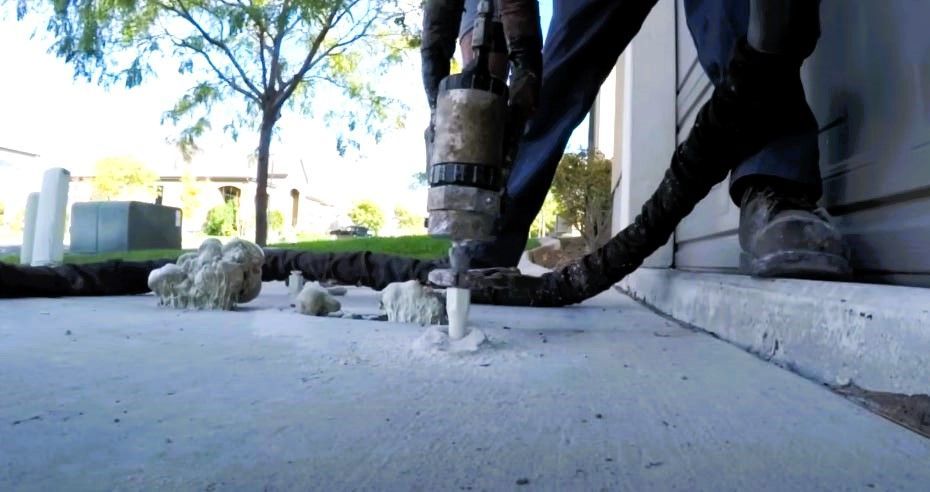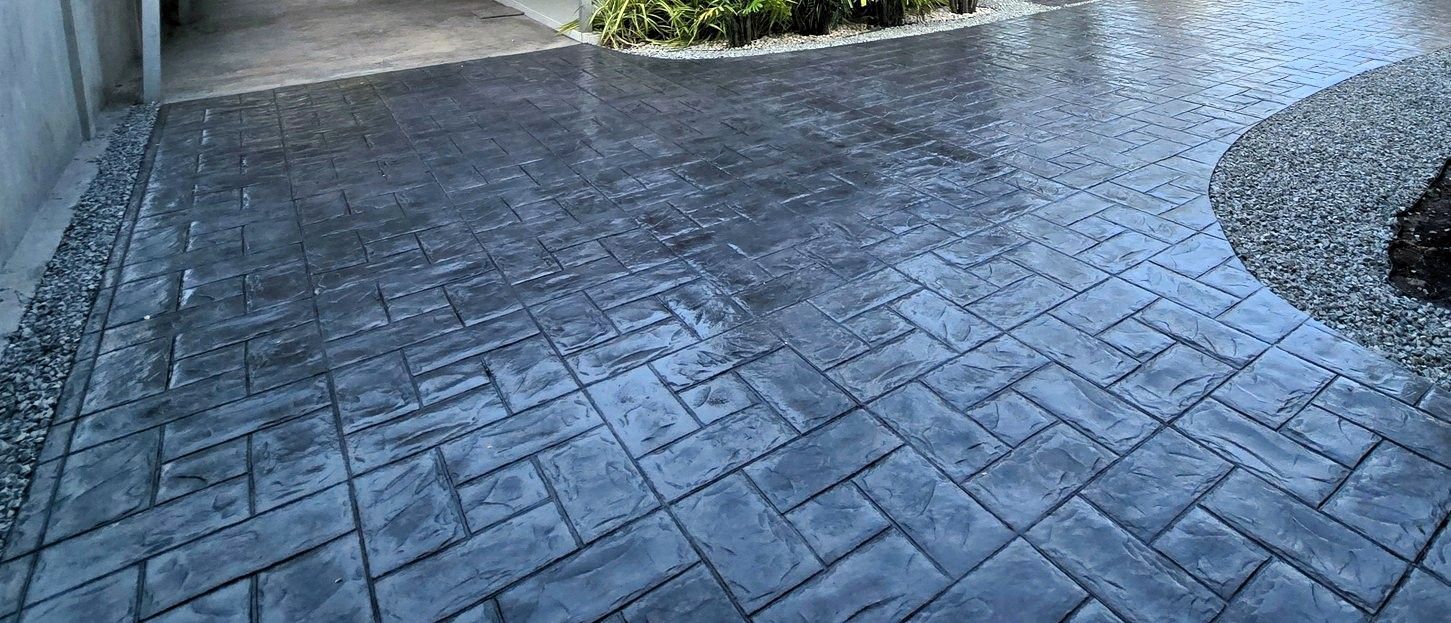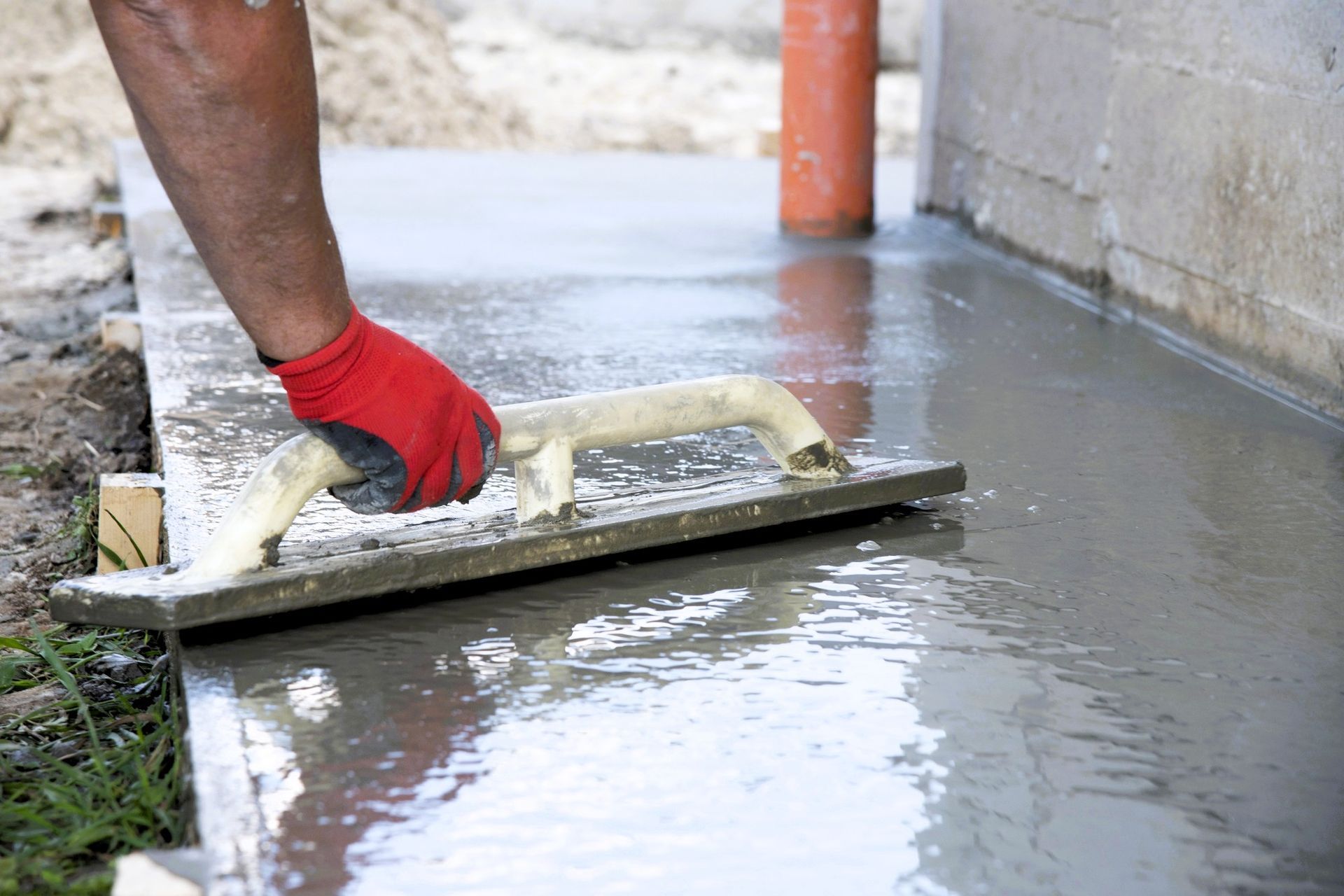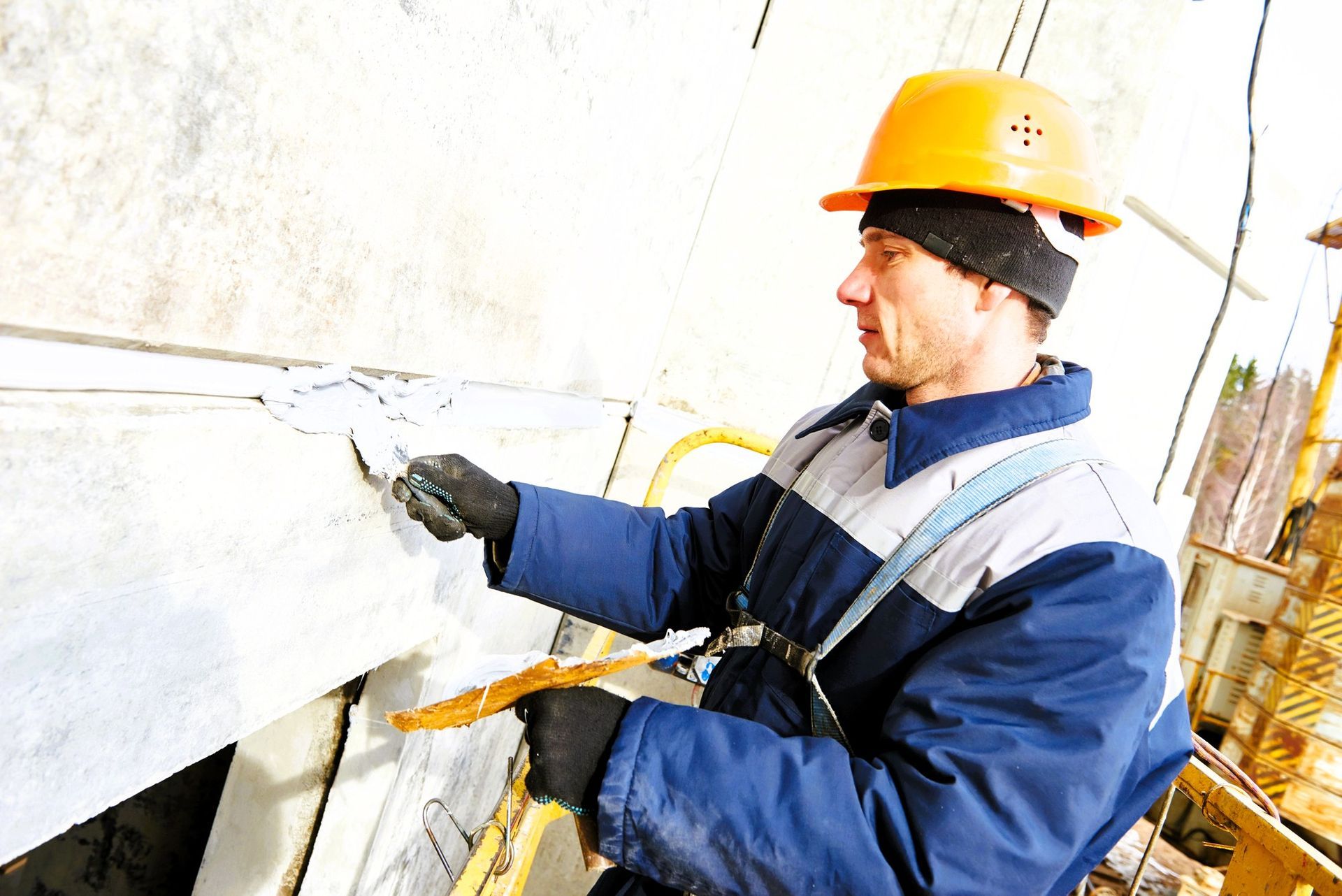5 Reasons To Avoid Concrete Leveling: What Homeowners Need to Know
Why concrete leveling might not be the best choice for your specific needs

Concrete leveling is often seen as a quick fix for sunken or uneven surfaces. It's great because it can restore both the look and functionality without the hassle and expense of a full replacement. For instance, if your driveway has a few small cracks or your basement floor is slightly uneven, concrete leveling could be a cost-effective and efficient solution. But, like most things, it's not a one-size-fits-all solution. There are times when concrete leveling isn't the best option, and knowing when it's not suitable is crucial for homeowners.
In this article, we'll explore why you might want to avoid concrete leveling in certain situations and explore some alternative solutions that can help keep your concrete surfaces safe and intact. As professional service providers, we have the expertise to guide you in making the right decisions for your concrete surfaces.
Reason #1: Crumbling Concrete
Concrete leveling works by using pressure to lift sunken areas back into place, assuming the existing concrete is strong enough to handle it. However, if the concrete is crumbling or severely damaged, leveling isn't just ineffective—it can make things worse. The pressure applied during leveling can further damage the weak concrete, leading to more extensive repairs or even a complete replacement.
When concrete is in bad shape, it doesn't have the strength needed for successful leveling. Trying to level such surfaces can lead to more damage and might even be unsafe. In these cases, replacing the concrete entirely is usually the best and safest option. A fresh pour ensures the concrete is solid and ready to last a long time.
Reason #2: Multiple Small Breaks in Concrete
Concrete leveling is only sometimes the best fix, especially when you're dealing with a surface full of small cracks and breaks. These little imperfections make it tough to get a smooth, even finish just by leveling. The technique works great for big dips and sags, but it's meant for something other than a bunch of tiny flaws.
When you try to level concrete with loads of small cracks, you often end up with a bumpy, unsatisfying result. For a more durable and good-looking finish, replacing the concrete is usually your best bet. New concrete gives you a clean, seamless surface, free from all those pesky little imperfections that leveling can't handle. Additionally, concrete replacement allows you to customize the design and functionality of your surface, giving you more control over the final result.
Reason #3: Tree Roots Lifting Concrete
Tree roots often cause uneven concrete. As trees grow, their roots push up against concrete surfaces, creating lifted sections that are tough to fix. While concrete leveling can handle minor shifts, it struggles against the persistent force of growing tree roots.
Before jumping to concrete leveling, it's crucial to tackle the root issue—quite literally. Managing tree roots can involve installing root barriers, which are physical barriers that prevent roots from growing into certain areas, or even tree removal. It's important to consider the potential impact on the surrounding landscape and the health of the tree when deciding on the best course of action. Once you've sorted that out, you can decide if leveling or a complete replacement is the best move.
Reason #4: Desired Change in Concrete Function or Design
Concrete leveling is mainly about fixing a surface to get it back to its original state. It's great for making things even again, which can improve the safety and usability of your space. But won't it help if you want to change how your concrete looks or functions? If you want to turn a plain slab into a stylish patio, leveling won't cut it. However, if you're looking to restore the functionality of a sunken driveway or patio, concrete leveling can be a cost-effective and efficient solution.
For major changes in use or design, you'll probably need to redesign or replace the concrete. This gives you the flexibility to add new features like patterns, colors, or extra structural elements. Replacing the concrete empowers you to transform your surfaces into something new and exciting, tailored to your preferences.
Reason #5: Desired Change in Surface or Texture
It's important to know the difference between self-leveling concrete and professional concrete leveling. Self-leveling concrete is a type of concrete that is designed to flow and settle into a level surface on its own. It's great for creating a smooth, even surface. On the other hand, professional concrete leveling is a process that involves using specialized equipment to lift and stabilize existing concrete. If you're looking to lift and stabilize existing concrete, professional concrete leveling is the way to go.
If you're aiming to change the surface texture—like getting a
polished finish or a stamped look—concrete leveling isn't the right fit. In that case, replacing the concrete is your best bet. This way, you'll get the exact look and finish you want, making your space both beautiful and functional.
Conclusion
Concrete leveling has its perks, but it's not always the best fix for every situation. If you're dealing with crumbling concrete, several small cracks, tree root damage, or want to make big design changes, replacement is usually the better and longer-lasting choice. Knowing when to level and when to replace can help you make smart decisions for your property, ensuring the safety and durability of your concrete in the long run.
Is Concrete Leveling Right for You?
Take a good look at your concrete needs and consider situations where leveling might not be the best option. For a professional opinion and to find the right solutions for your concrete problems,
contact Grand Rapids Concrete Pros. Request an estimate today and start ensuring the quality and safety of your concrete surfaces. Our team of experts is ready to assist you in making the best decision for your concrete repair and maintenance needs.





